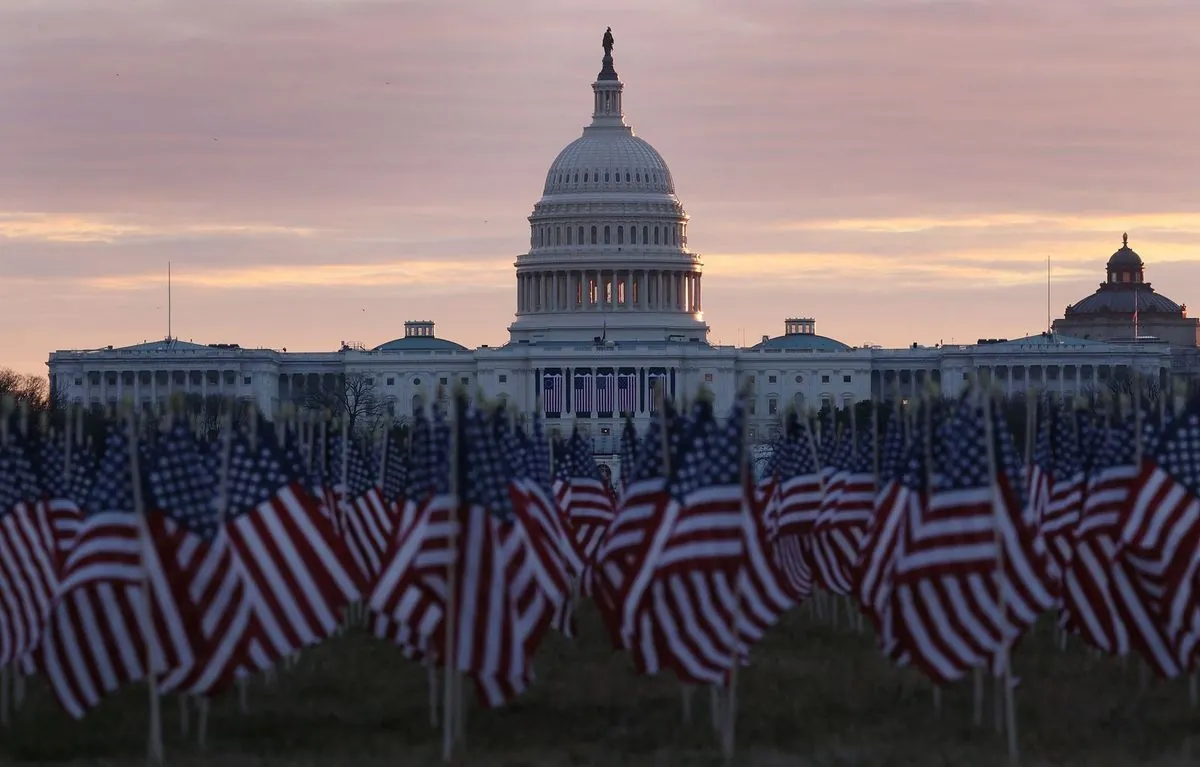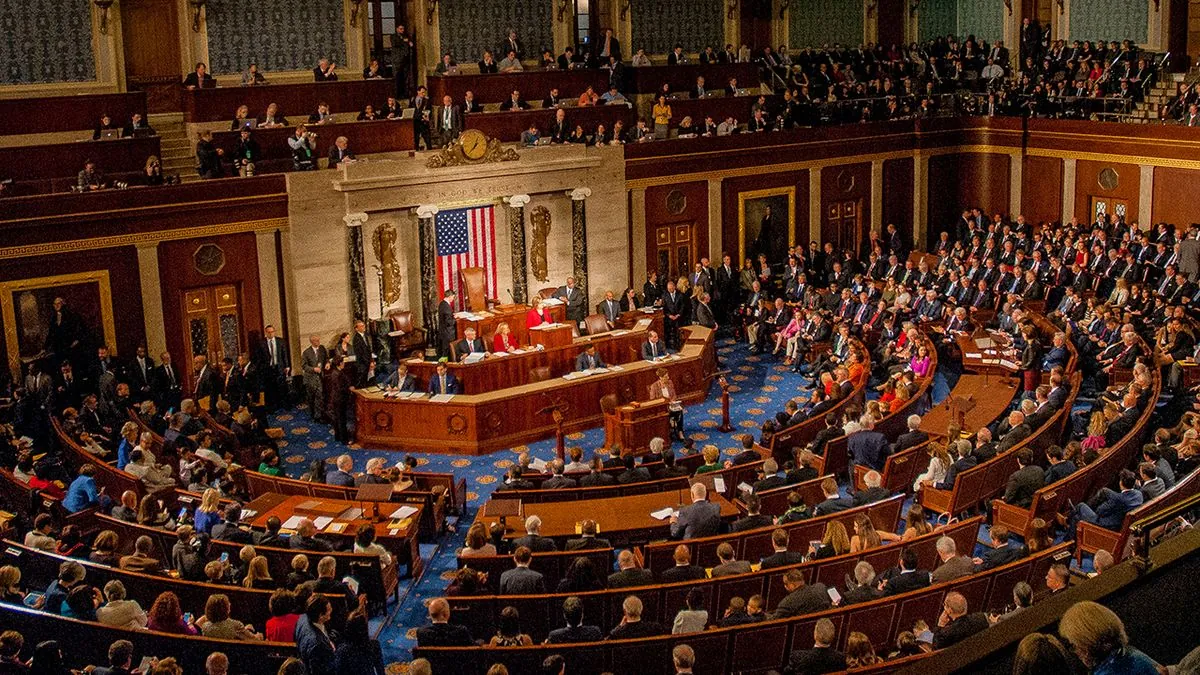Congress Faces Complex Fiscal Challenges After Temporary Funding Deal
U.S. lawmakers avert shutdown with short-term funding, but face tougher battles ahead. December deadline looms as unresolved issues and upcoming elections complicate fiscal negotiations.

The U.S. Congress has narrowly averted a government shutdown by passing a temporary funding measure, extending federal financing until December 20, 2024. This short-term solution, known as a continuing resolution (CR), has set the stage for a more complex fiscal battle in the coming months.
The CR, approved with bipartisan support, maintains current spending levels and includes over $230 million for the Secret Service to enhance presidential candidate protection. It also authorizes the Federal Emergency Management Agency (FEMA) to accelerate spending in response to recent natural disasters.
However, this stopgap measure leaves several critical issues unresolved. The Department of Veterans Affairs requires an additional $12 billion to care for service members affected by toxic burn pits. Additionally, Congress has yet to address the five-year agriculture policy legislation, known as the farm bill, parts of which are set to expire on October 2 and December 31, 2024.
The outcome of the November 5, 2024 elections is expected to significantly influence future fiscal decisions. With the possibility of divided government, negotiations may become even more challenging. Aaron Cutler, head of government relations at Hogan Lovells, stated, "There are a lot of known unknowns, and we need to see how November 5 shakes out, because that's going to determine a lot of what happens."

Looking ahead, lawmakers face the daunting task of passing 12 annual spending bills, known as appropriations, to fund the government for the 2025 fiscal year. This process is complicated by disagreements over overall spending figures and a disputed $70 billion "side deal" from previous debt ceiling negotiations.
House Speaker Mike Johnson has vowed not to put an omnibus spending bill up for vote, preferring smaller "minibus" packages. This stance could potentially lead to another continuing resolution in December to avoid a pre-Christmas shutdown.
The fiscal challenges extend beyond the immediate future. Trillions of dollars in long-term tax policy questions hang in the balance, as significant portions of the 2017 Tax Cuts and Jobs Act are set to expire in 2025. Moreover, the U.S. debt limit will need to be addressed early next year, adding another layer of complexity to the fiscal landscape.
As the nation approaches these critical junctures, the role of key institutions such as the Congressional Budget Office, the Ways and Means Committee, and the Senate Finance Committee will be crucial in shaping economic and budgetary decisions. The outcome of these fiscal battles will have far-reaching implications for the U.S. economy and government operations in the years to come.
"I've said very clearly, we're not going to return to the omnibus tradition. We worked very hard to break that tradition. We broke it into many buses the last time. We've got to build back muscle memory to run Congress the way it's supposed to run, and the Republicans are committed to doing that. This would be a very important step, and we'll see what happens in December."
As the December 20 deadline approaches, all eyes will be on Congress to see how they navigate these complex fiscal challenges in an increasingly uncertain political landscape.


































